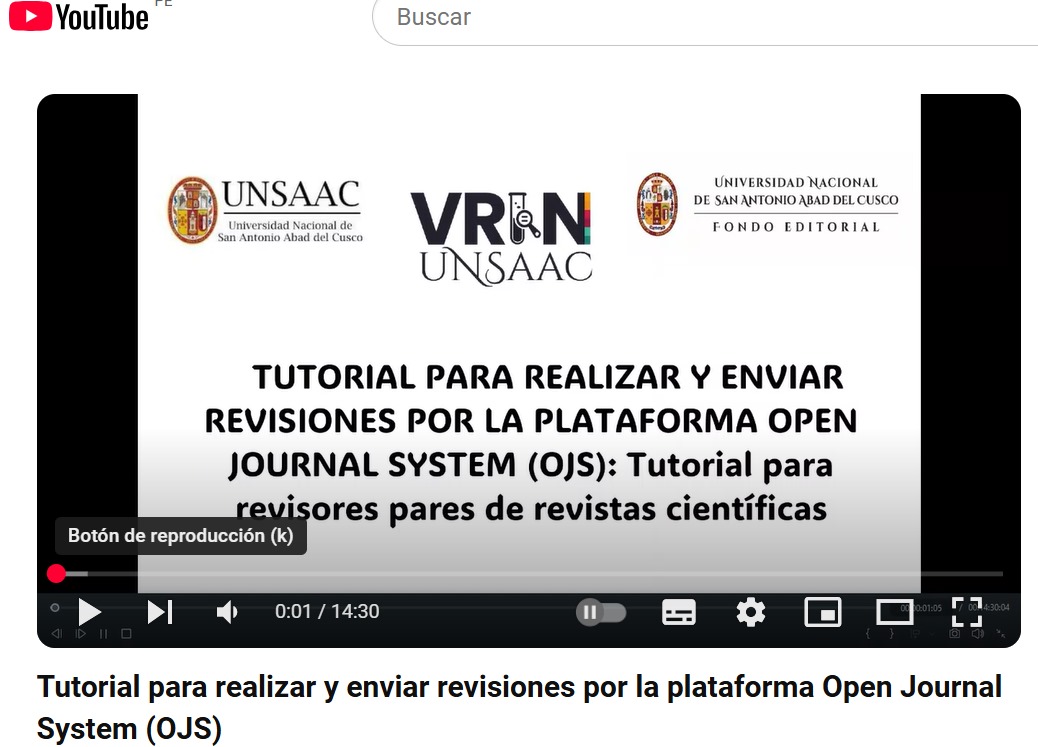Efecto de la temperatura y tiempo de hidrólisis con NaOH en la obtención de péptidos solubles de harina de semillas residuales de tarwi (Lupinus mutabilis) variedad criolla.
DOI:
https://doi.org/10.51343/racs.v3i2.494Palabras clave:
Lupinus mutabilis Sweet, var. criolla, hidrólisis alcalina, péptidos solubles.Resumen
Resumen
La presente investigación tuvo como objetivo evaluar el efecto de la temperatura y tiempo de hidrólisis con NaOH en la obtención de péptidos solubles de harina de semillas de Lupinus mutabilis, variedad criolla. La harina fue previamente deslupinizada, desgrasada e hidrolizada parcialmente con α-amilasa. Se utilizó el método de superficie de respuesta y se empleó un Diseño Compuesto Central Rotable (DCCR), para dos factores: temperatura y tiempo. La caracterización inicial de la harina deslupinizada mostró un alto contenido de proteína (43.53 ± 0.04 g/ 100 g), lípidos (25.41 ± 0.03 g/100 g) y cenizas (1.40 ± 0.07 g /100 g). La hidrólisis alcalina con NaOH se realizó a pH 10, relación harina/solvente 1/25, tiempo entre 10 a 90 minutos y temperatura entre 25 °C – 50 °C. La cuantificación de los péptidos se realizó por el método de Lowry. Los resultados obtenidos indicaron que la mayor concentración de péptidos solubles fue de 7.204 mg/ml que presentó el tratamiento a 46.3 °C por 78 minutos. El modelo matemático que permite predecir la concentración de péptidos solubles es: Y = -7.8711 + 0.5574*X1 - 0.0084*X12 - 0.0008*X22 + 0.0032*X1*X2; donde Y es la concentración de péptidos solubles en mg/ml, X1 la temperatura (°C) y X2: tiempo (minutos). El análisis estadístico mostró que existe un alto valor de significancia de las variables independientes (tiempo y temperatura) con respecto a la variable respuesta (péptidos solubles) (p<0.05).
Descargas
Publicado
Cómo citar
Número
Sección
Licencia
Usted es libre de:
- Compartir: Copiar y redistribuir el material en cualquier medio o formato para cualquier propósito, incluso comercialmente.
- Adaptar: Remezclar, transformar y construir a partir del material para cualquier propósito, incluso comercialmente.










.png)



